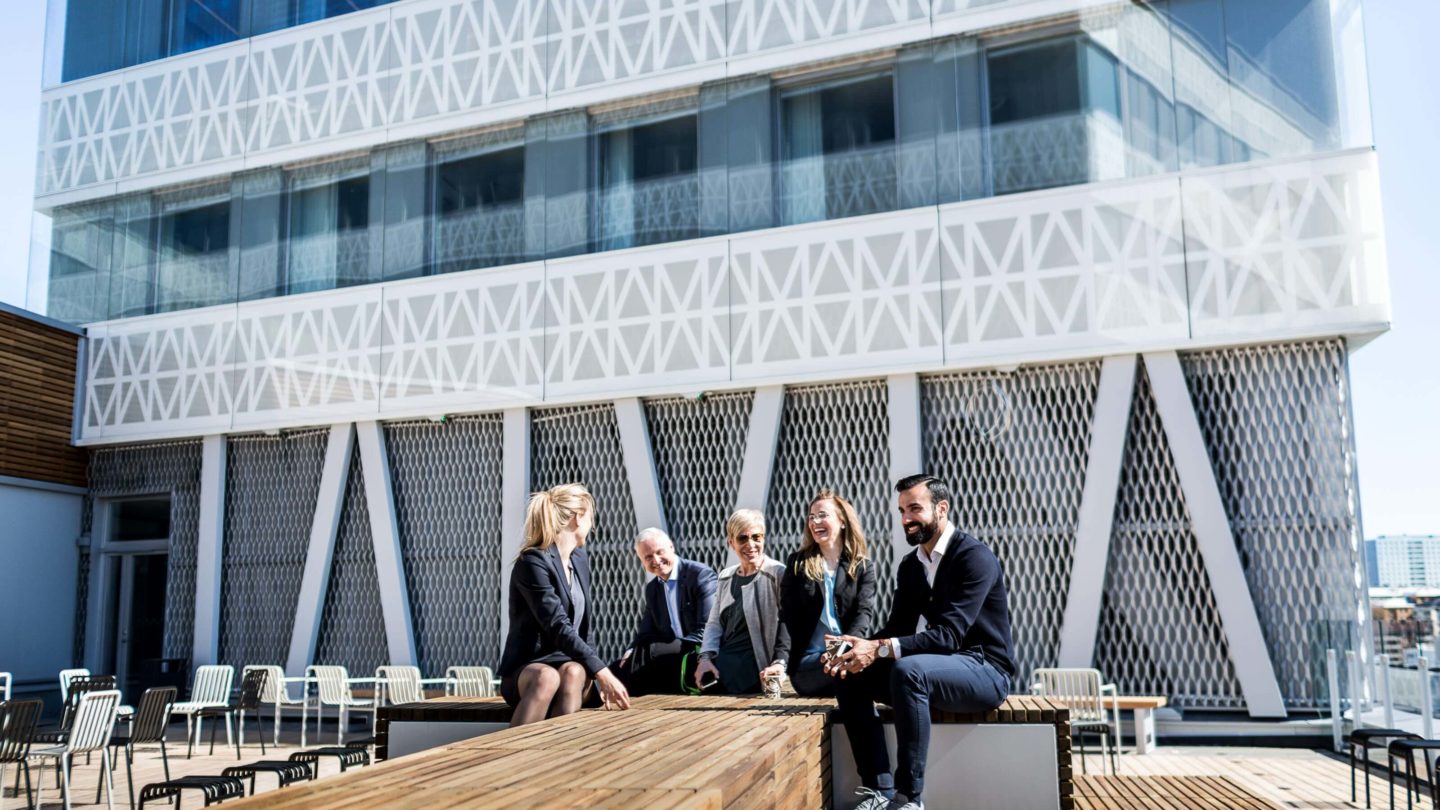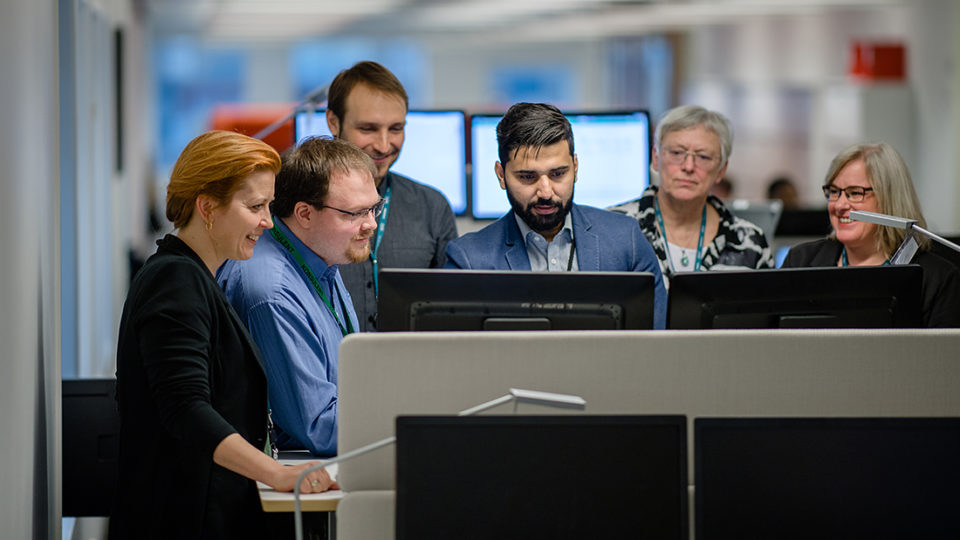Valuable test support in projects with tight time frames

The idea of taking in two external testers was raised, and SEB wanted to cooperate with Unicus. Since the team was extremely stressed, there was concern about the time needed to learn new resources, and whether it would require more to introduce testers with aspergers.
After a conversation with Unicus CEO Anders Barnå, my concern disappeared and I immediately realized that the key to success was to set up good working methods and routines. It felt meaningful for me personally to join in and open a door for two people who previously had a hard time entering the labor market, says Mikael Faghihi.
Good prerequisites with structure
In order not to burden the team, Mikael shielded Unicus consultants Niklas and Göran during the first month. Under well-planned supervision, they got to know the business, the financial terms and learn how the database worked. Then a clear structure was created for how the test work should be carried out, which gave the consultants good conditions for each other’s help to work as independently as possible. Of course, the team was always available to answer questions when needed.
Both I and the team felt that Niklas and Göran’s work helped us to move forward faster than we expected. It made me reflect on that our solution-oriented approach had surely worked just as well regardless of which consultants had been. But at the same time I also thought that Niklas and Göran had qualities that make them excellent testers: stubborn, structured and analytical. Therefore, I was not surprised at the high quality of their work and that we went live with unusually few errors.
Appreciated contribution to the group
Mikael describes both consultants as ambitious, structured and driven; they are both interested in their own development and in contributing with ideas and approaches that help the business move forward. But as colleagues, they are also appreciated for their personal qualities and that they are a positive contribution to the group. For the most part, they participate in team activities and have fun with their colleagues.
As a leader, it is my job to create a culture where people can be as they are and where we see differences as something that enriches and makes us stronger as a group. Some people talk more and others are more silent; This applies not only to people with diagnosis. Interestingly, Niklas and Göran are very different from each other as people. It’s about being curious about the individual and getting to know their driving forces.
During the collaboration with Unicus, Mikael has experienced that he has become clearer in the way he communicates, which also plays into positive effects in other areas.
If I expressed myself fuzzy, I immediately got a question back, so this trip has given me new perspectives that made me better in my communication. Now I am more careful in clarifying the context and making fewer assumptions about what I think others understand. The same also applies to the other team as well.



